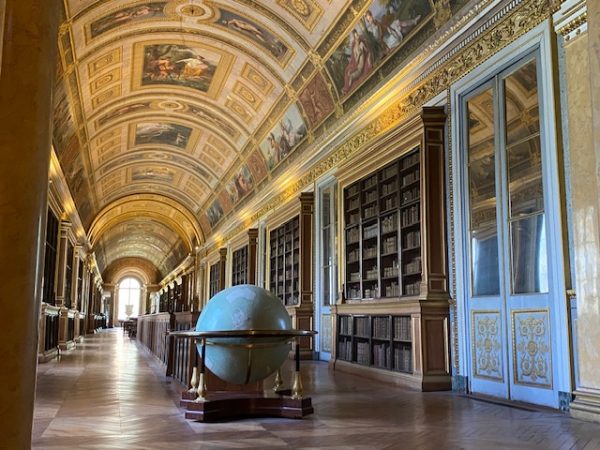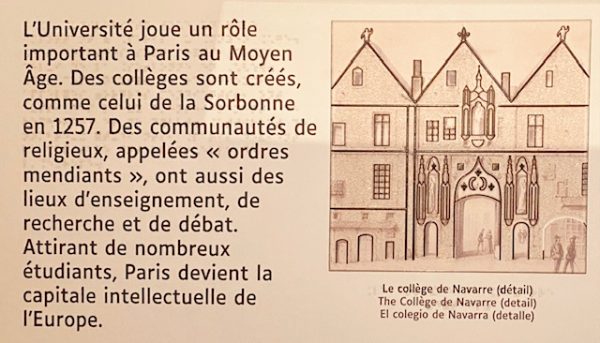The term “Preventive War” is staging a revival in international politics. The recall of the famous quote “war is the continuation of politics with other means” from Clausewitz encompasses the idea of a pre-emptive strike and entering into war to avoid an enemy to grow too powerful at a later stage. In the age of weapons of mass destruction and the non-proliferation of nuclear weapons, an intervention to limit the spread of nuclear weapons has taken the form of a preventive war. The international community has been quite unsuccessful to limit the spread of nuclear weapons so far. Research shows that democracies are less likely to go to war than authoritarian regimes and dictatorships.
The preventive war strategy (Levy, 2008), however, is a means for democracies to defend their survival against the spreading and warmongering of authoritarian regimes. However, preventive war, by definition, is a war. The preventive aspects derives from the logic to avoid a much more devastating later war. There is a longitudinal assessment at the base of the calculation to enter now into a preventive war, rather than later into a more difficult defence. In anticipation of the defense, a pre-emptive strike is undertaken. In international politics the lack of a “policing of treaties and international agreements” has initiated the return of the neoclassical concept of national interest as a guiding principle for nation states. A continued threat to the survival of a state, Israel as an example, by the Iranian dictatorship makes the application of a preventive war strategy more likely.
Historically, democracies have applied such military strategies as a continuation of politics and diplomacy with other means. In this sense the 21st century is apparently no different from previous centuries. The revival of “Realpolitik” has been spurred by Putin and his war on Ukraine territory since 2014. How and when to return to the negotiation table is the litmus test of the preventive war strategy.
(Image: Paris, Hotel de la Marine, Le salon diplomatique 2025).

































